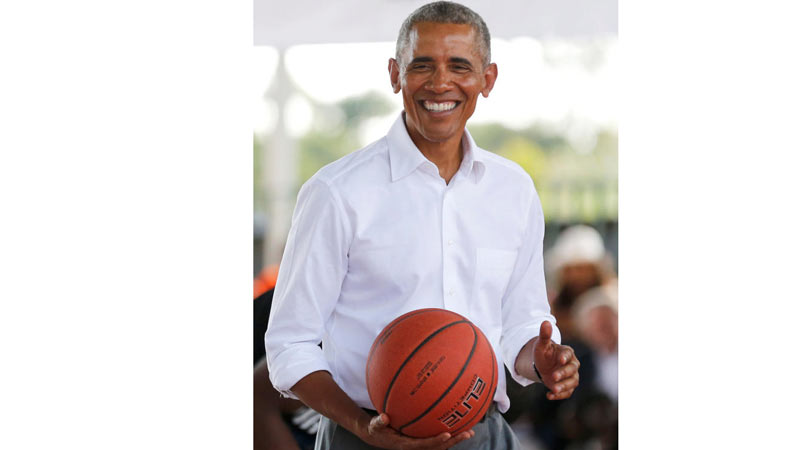×
The Standard e-Paper
Join Thousands Daily

Earlier this week, the most famous member of the Kenyan diaspora, the self-titled first Kenyan-black-American President, returned to the land of his father.
This was Barack Obama’s first visit to Africa since stepping down as President and his first visit to Kenya since 2015.